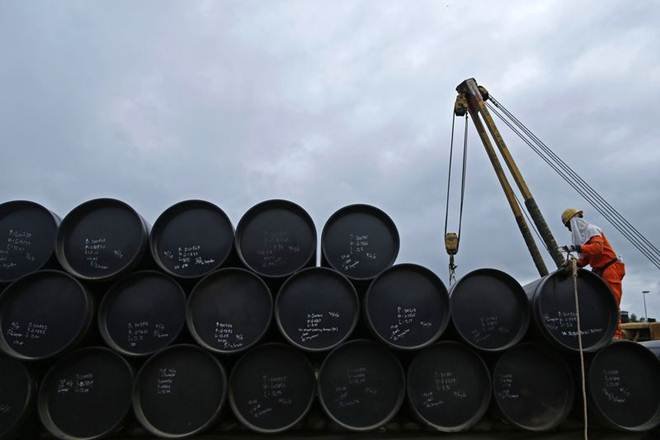
Even as US sanctions on Iran pose challenges, India may not worry much as it has already started preparing to meet the shortfall. India meets 80 percent of its energy needs from oil and in the absence of the supply from Iran, the third largest supplier, Saudi Arabia and Russia may chip in to bridge the gap, wrote A Ahmed in the Financial Express on Friday.
Saudi Arabia, during the India Energy Forum last year, assured India to meet any shortfall that may arise due to sanctions on Iran and has been keeping its promise since the fall in Iranian oil exports to India begun.
India has also started setting up large-scale refineries with the help of other countries to process crude oil. For instance, the Modi government is developing an integrated refinery and petrochemicals complex at Ratnagiri in Maharashtra. Once finished, it will be capable of processing 1.2 million barrels of crude oil per day and will rank as one of the world’s largest refining and petrochemical projects, wrote foreign and energy affairs analyst A Ahmed.
He also pointed out towards the strategic relationship between India-Russia, which would also help fulfil the shortfall. “Apart from joint participation by Indian and Russian state-held oil and gas companies in more oil and gas projects in Russia, the major coup for India is the fact that Russia is supplying LNG to India,” wrote A Ahmad.
READ ALSO: More women online means higher GDP; UN says female power can give world economy a big boost
Further, India’s relationship with its neighbourhood countries are also going to play a key role in fulfilling India’s energy need. The India-Nepal pipeline and recently signed India-Bangladesh Friendship Product Pipeline (IBFPP) are good examples pointed out by A Ahmad.
The Modi government is also focussing on giving a thrust to domestic oil production, which will also help bridge the oil supply shortfall arising from sanctions imposed on Iran. To back this, Ahmad discussed the recent policy reforms such as new exploration licensing policy that offers marketing and pricing freedom for gas producers and a higher gas price for output from difficult fields, introduced by the government.
Above all, India is focusing on increasing the share of its energy requirement from renewable sources. Prime Minister Narendra Modi has made a strong case against responsible oil pricing while speaking at the Petrotech 2019 conference. However, this needs to be accompanied by increasing use of alternate cleaner and affordable sources of energy such as solar and wind, in order to attain sustainable development, he added.

